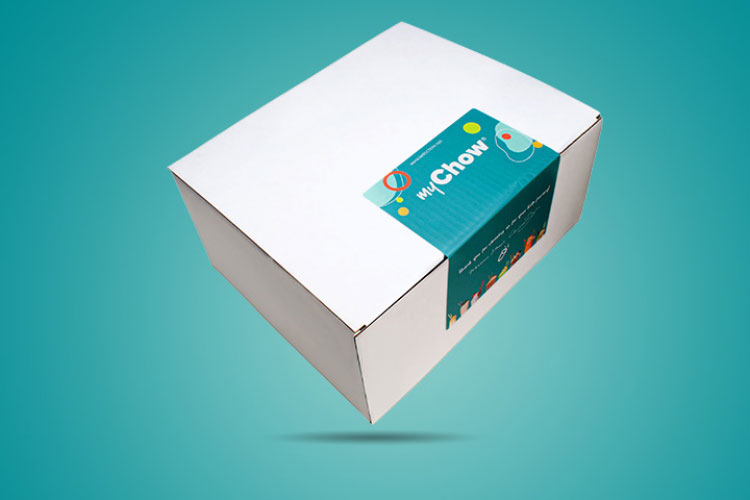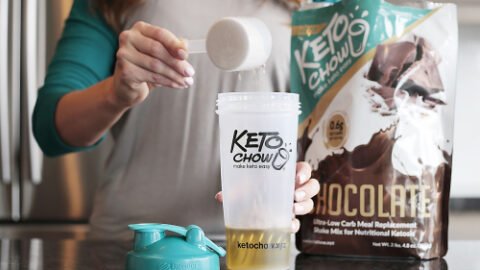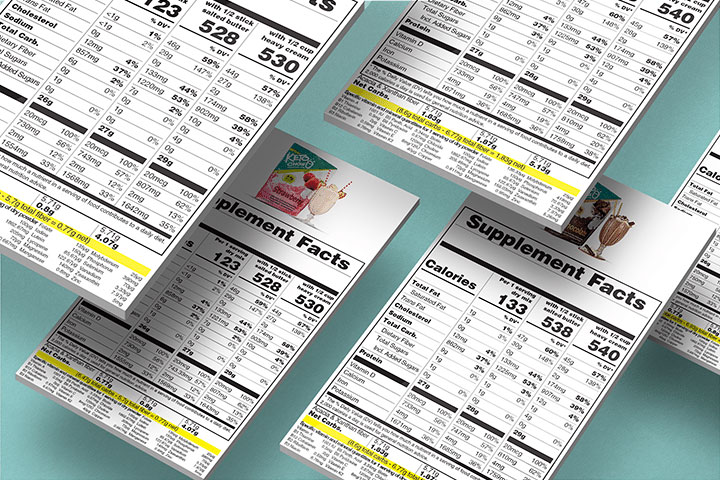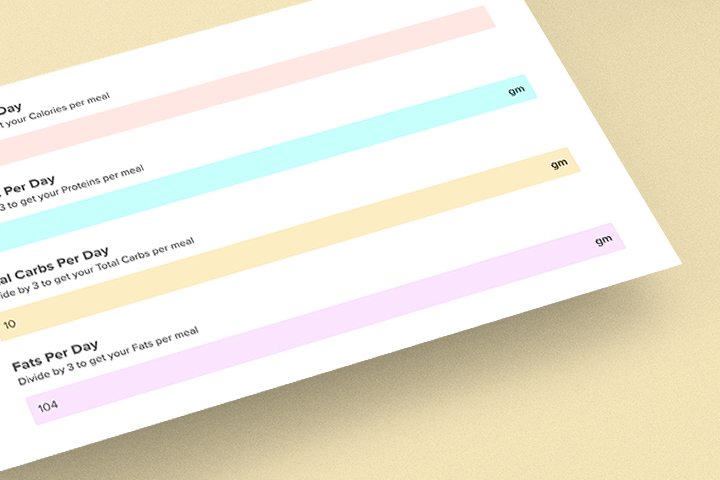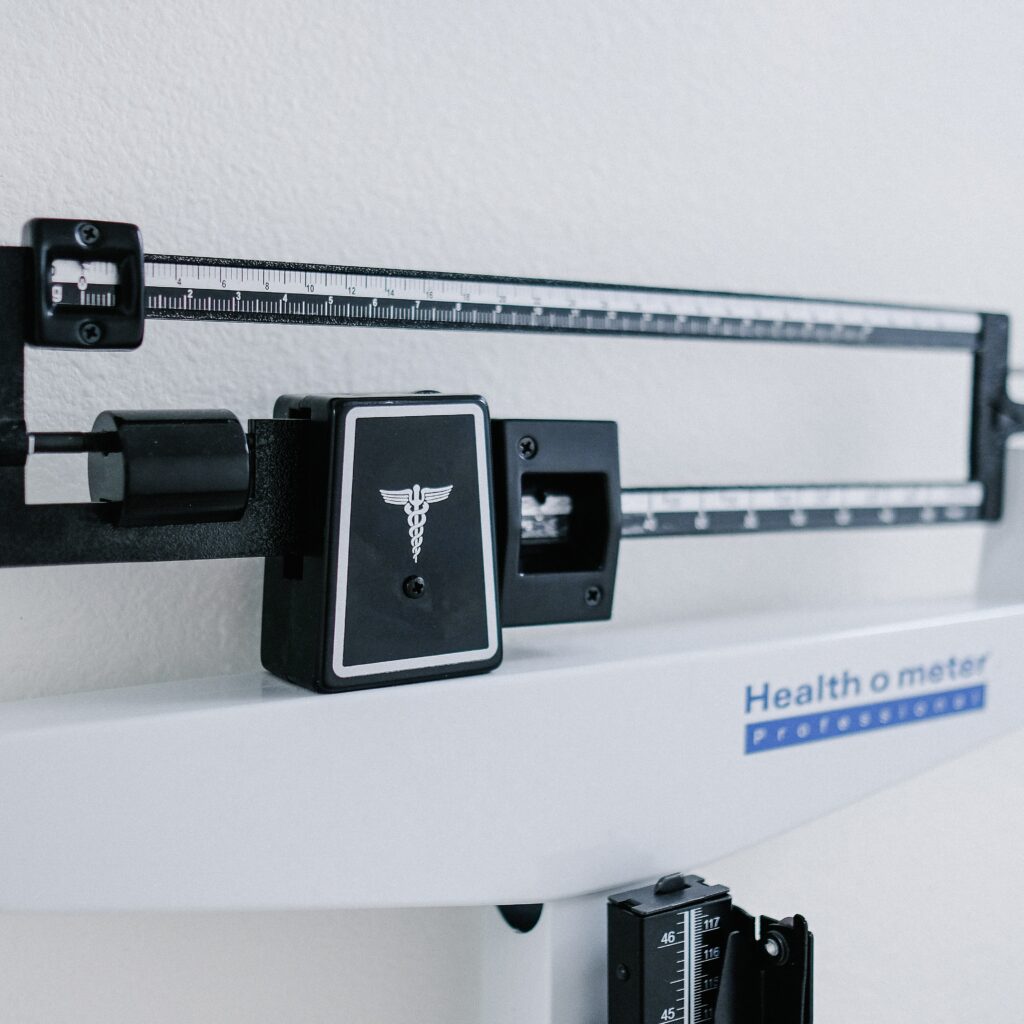If you’re feeling frustrated that the weight isn’t coming off as quickly as you’d like it to after starting keto, don’t worry. You’re not alone! Here are some of the common culprits that are slowing down your progress.
1. Overeating
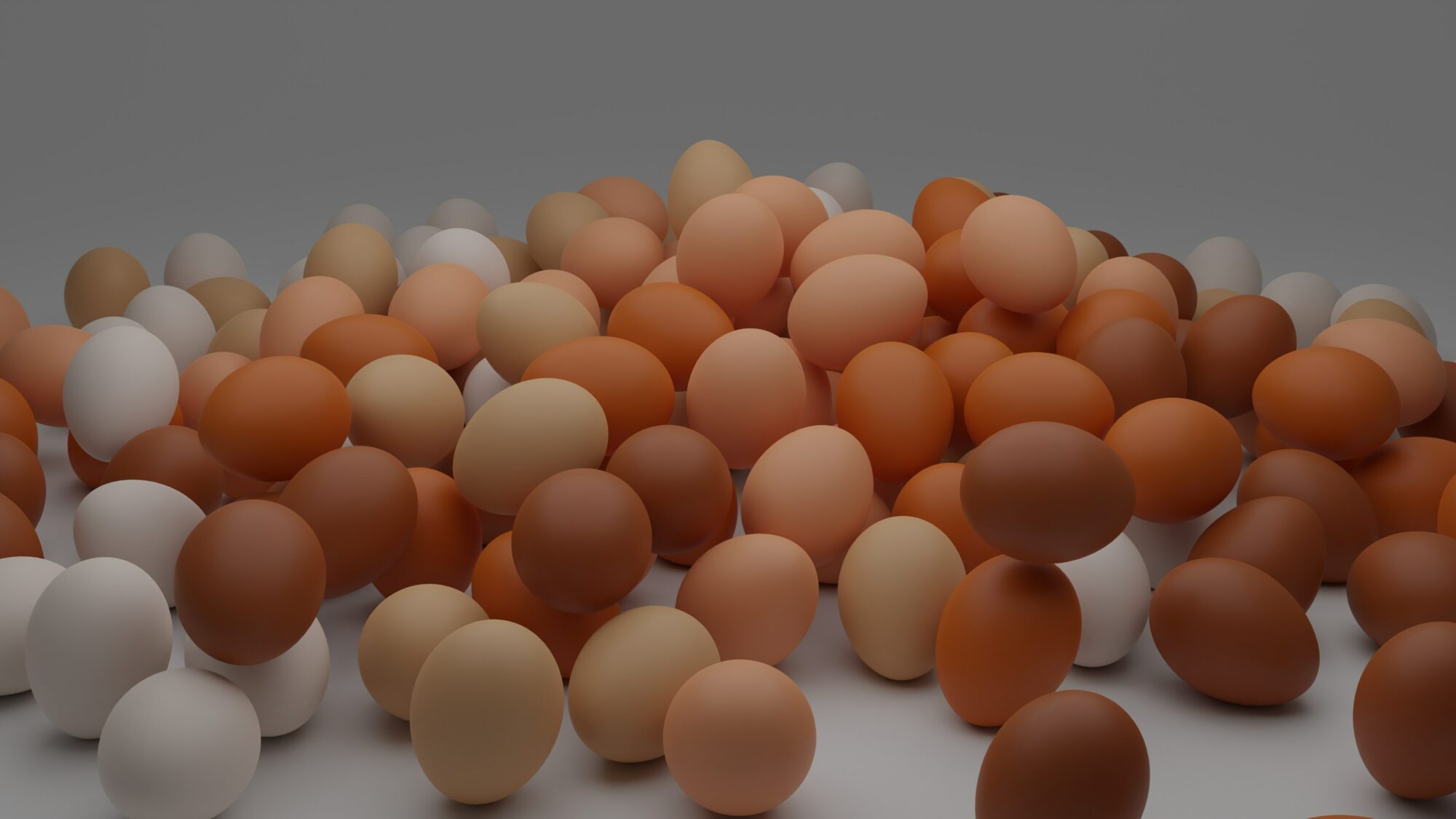
One common mistake on a keto diet is eating too many calories. Just because you’re avoiding carbs, doesn’t mean you can indulge in unlimited amounts of fats and proteins.
Solution
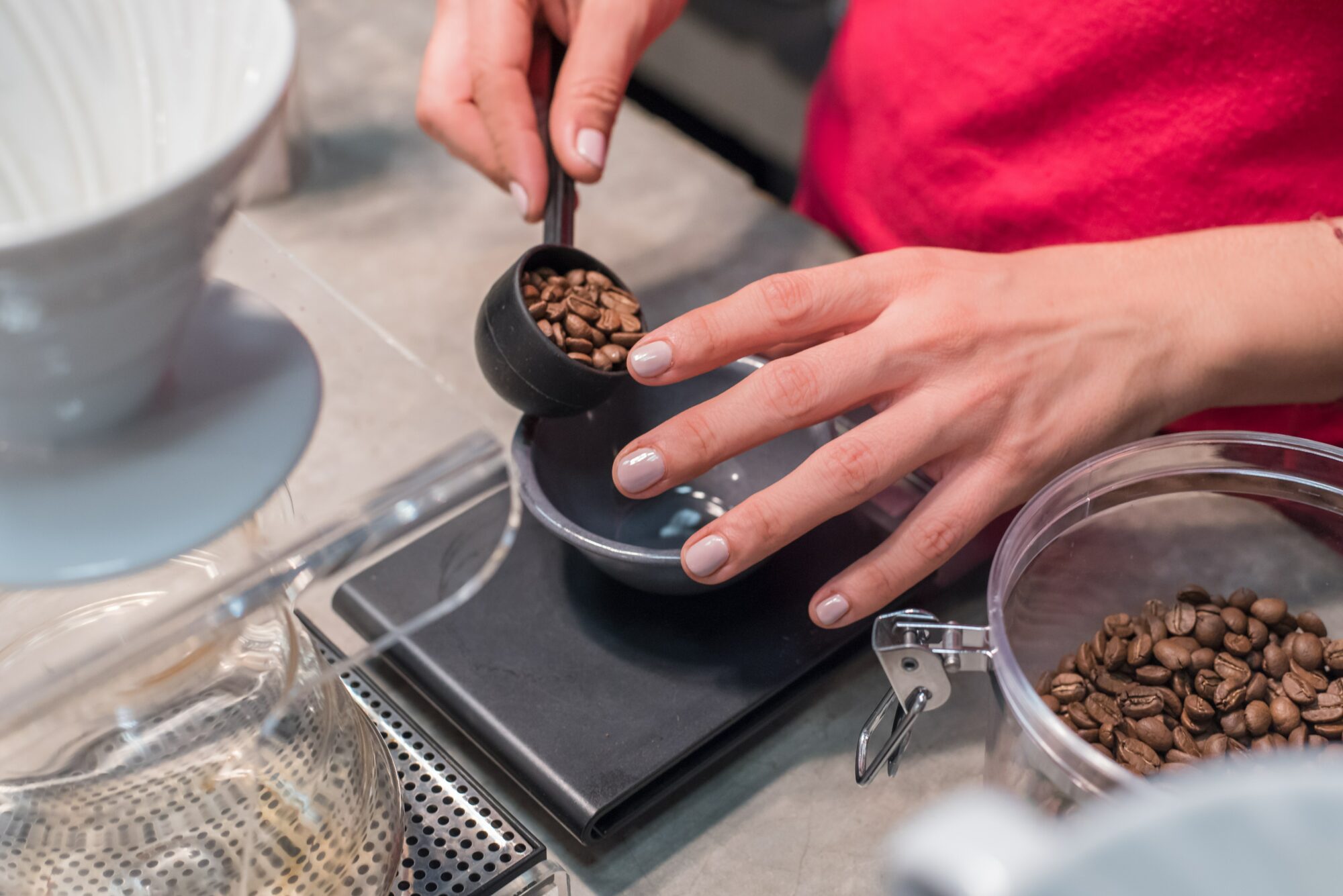
Keep track of your calorie intake and make sure you’re eating fewer calories than you’re burning. Consider using a food diary or app to help you stay on track. Remember, just because a food is healthy or low in carbs doesn’t mean it’s an all-you-can-eat situation! Be reasonable about the amount of food you ingest, regardless of how many carbs it has.
2. Consuming Hidden Carbs
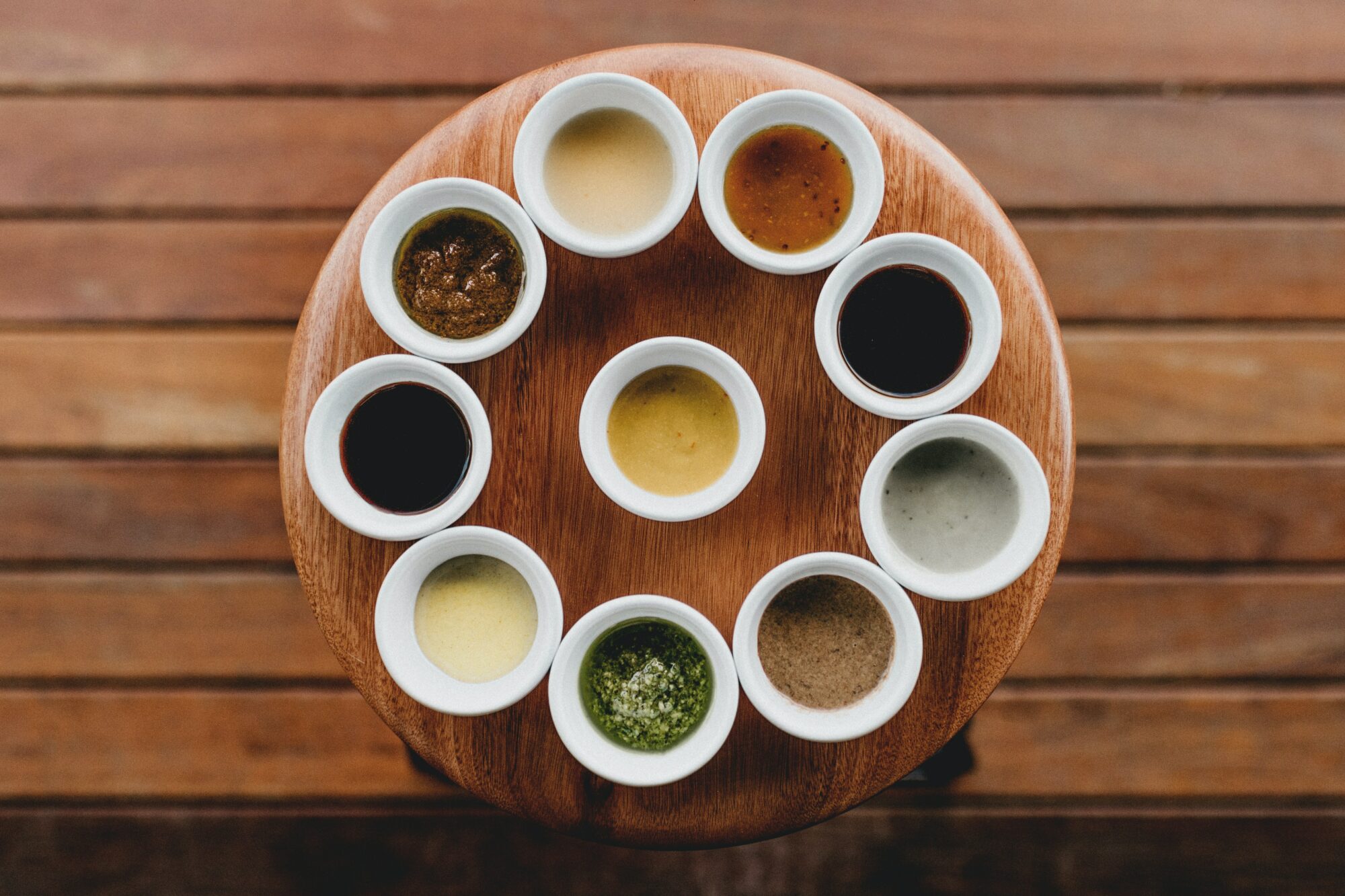
Carbs can be super sneaky. They like hiding in all kinds of processed foods, sauces, condiments, and other unexpected places. Even low-carb veggies like onions and tomatoes contain carbs that can add up pretty quickly if you’re not being mindful.
Solution
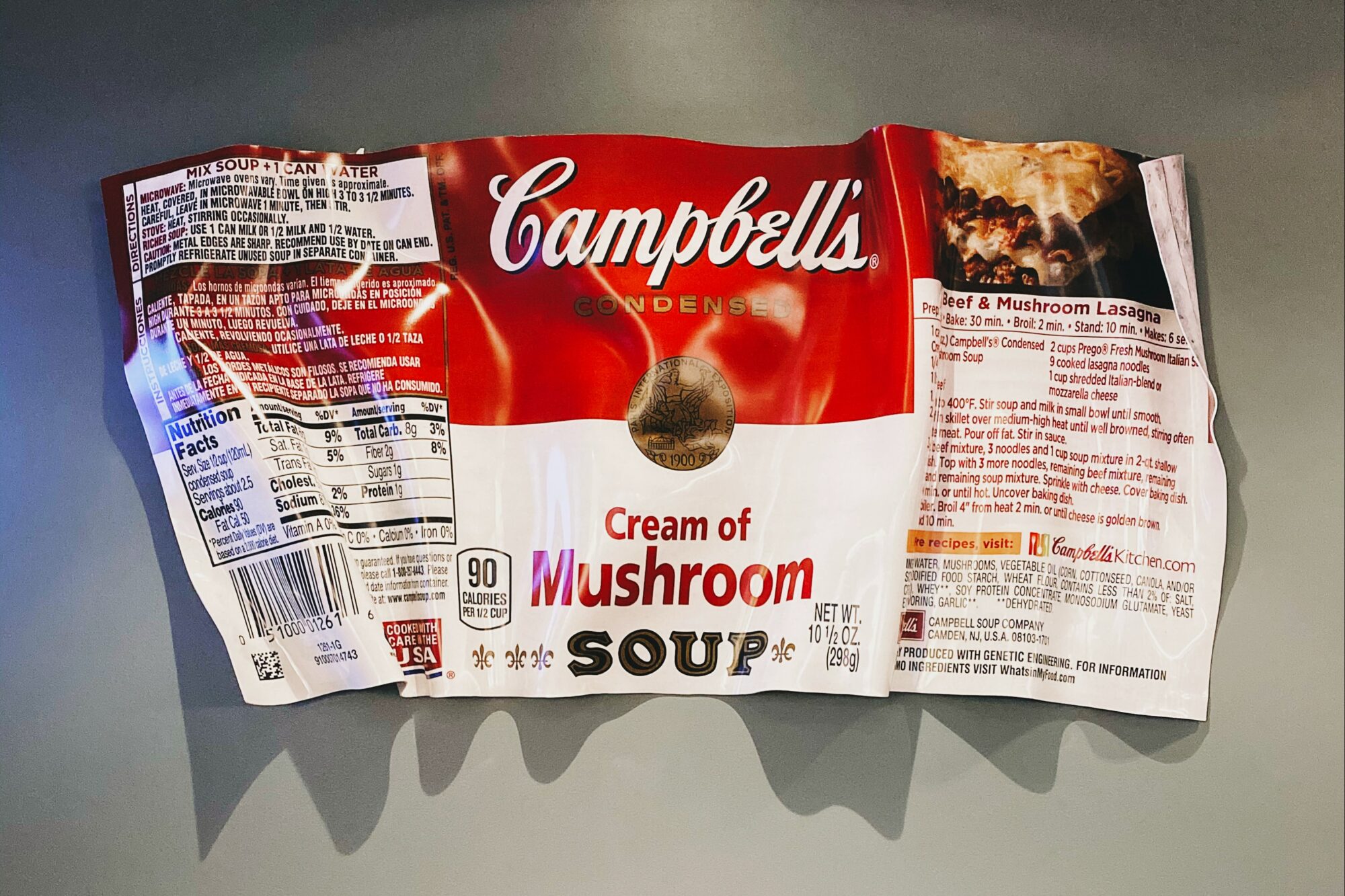
Read food labels carefully, and pay attention to the carb count. Choose whole, unprocessed foods instead of processed ones, and be mindful of the amount you are consuming.
3. Not Eating Enough Fat (Or Eating Too Much)

Fat is important on keto, especially at the beginning. One of the most important things it does for your keto journey is that it helps you to stay full! If you have enough fat in your diet, you will be less likely to overeat, and you’ll be more satisfied with the food you do consume.
Solution
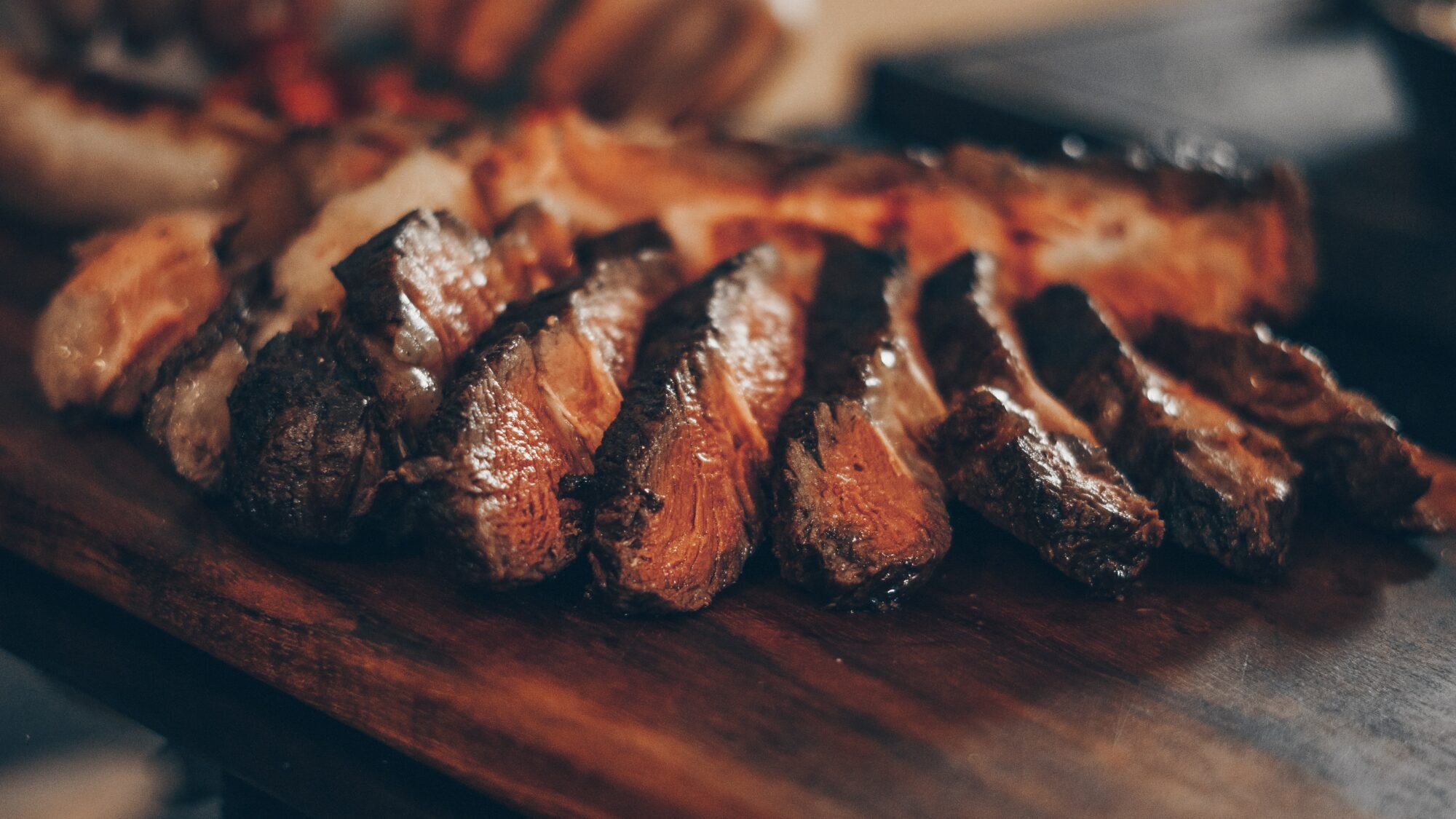
Incorporate healthy fats into your diet, such as avocados, nuts, seeds, and coconut oil. And don’t shy away from fatty meats, like a juicy steak or fatty pork chop.
4. Stress

High levels of stress can lead to weight gain, even on a keto diet. When you’re stressed, your body produces excessive cortisol, a hormone that increases your appetite and leads to overeating.
Solution

Find ways to manage stress. Yeah, meditation, deep breathing, or yoga are the kind of standard recommendations, but anything that helps you reset your nervous system can help—even if it’s as simple as regular walks outside, messing around with some watercolor paints, or becoming engrossed in a good book.
5. Not Drinking Enough Water

On a low-carb, high-fat diet, your body tends to lose more water and electrolytes. If you’re not drinking enough water, it can lead to dehydration, electrolyte imbalances, and other health issues. Another issue with skimping on water is that you might mistake hunger for thirst.
Staying adequately hydrated will help prevent you from reaching for food when what your body really needs is water.
Solution

Make sure to drink plenty of water throughout the day. Consider adding electrolytes to your water, such as sodium, potassium, and magnesium, to maintain proper hydration levels. You can also get electrolytes from foods such as avocados, nuts, leafy greens, and more.
In Conclusion
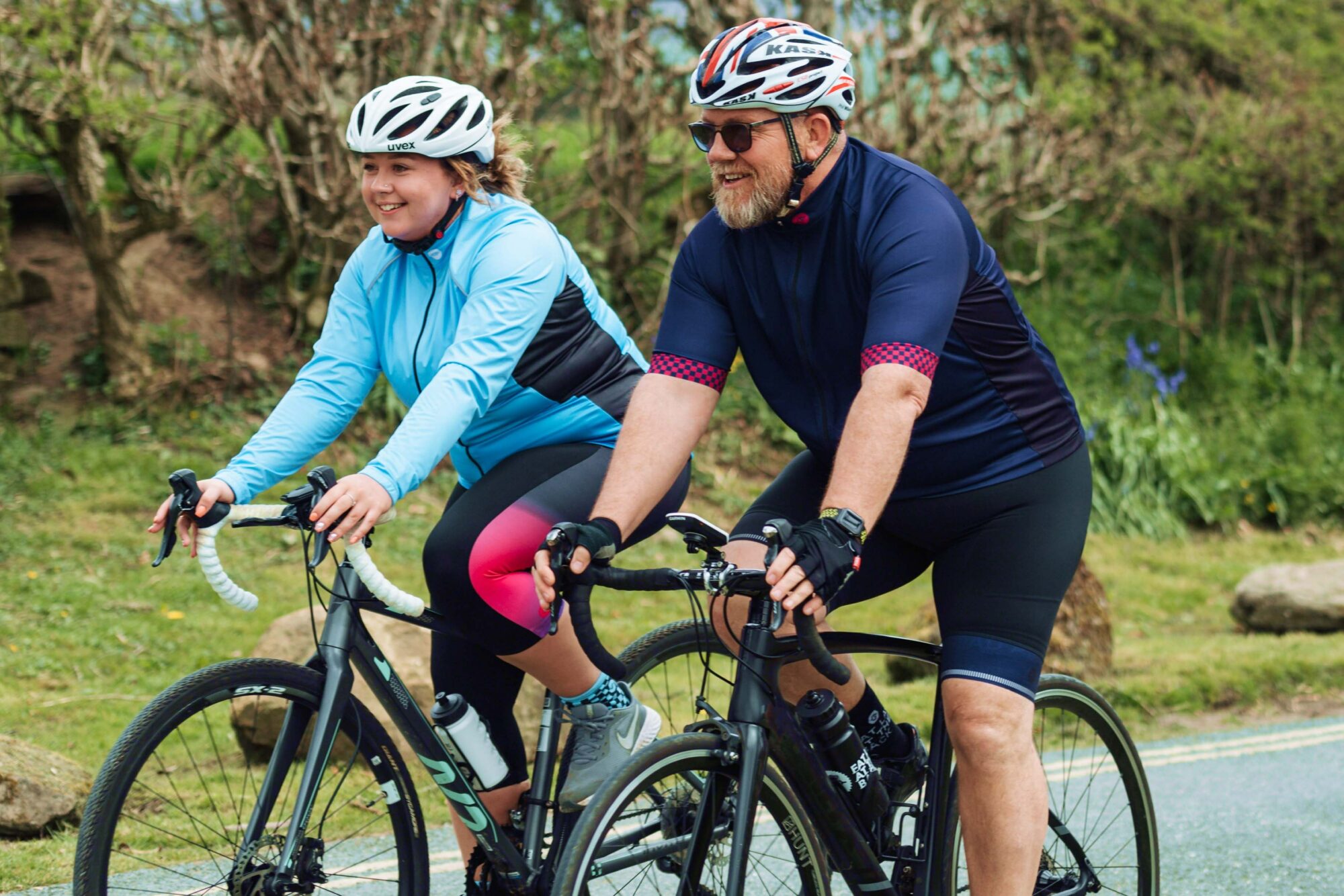
Making these small changes can help you get back on track and start seeing the results you want. But remember: weight loss is not the only measure of success on a keto diet. Focus on how you feel, your energy levels, and any other health improvements you may experience. Celebrate your progress, no matter how small, and keep pushing forward towards your goals.
Make Keto Easier

If you’re sick of meal prepping on keto and want an easy solution, then check out Keto Chow! Keto Chow is a low-carb meal replacement shake with 1/3 of your daily recommended nutrients. Not only that, but these keto shakes are delicious and come in over 30 flavors, so you won’t hit taste fatigue.




